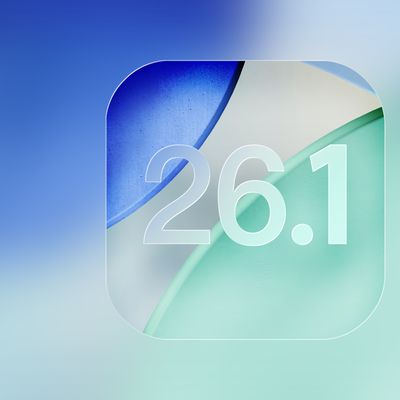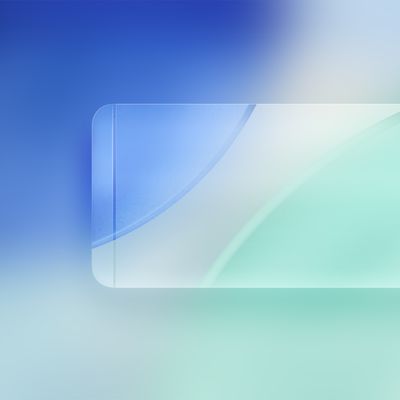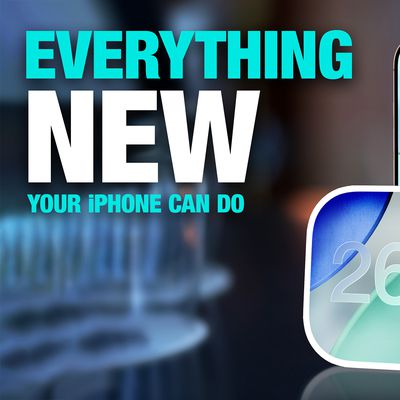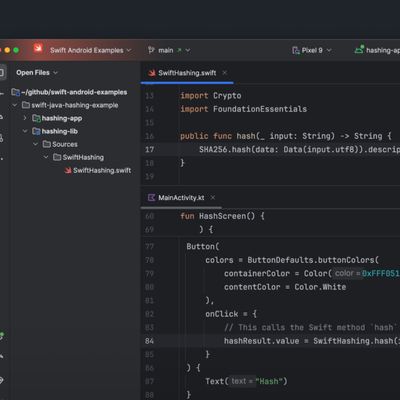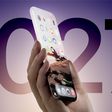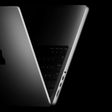U.S. Government to Explicitly Allow iPhone Jailbreaking [Updated x2]

The Associated Press briefly reports that the U.S. government has defined new rules that will permit users to "jailbreak" their iPhone and skirt Apple's App Store ecosystem to add unapproved third-party applications.
Owners of the iPhone will be able to break electronic locks on their devices in order to download applications that have not been approved by Apple. The government is making that legal under new rules announced Monday.
The decision to allow the practice commonly known as "jailbreaking" is one of a handful of new exemptions from a federal law that prohibits the circumvention of technical measures that control access to copyrighted works.
While it is not uncommon for users to jailbreak their devices, the practice is officially unsanctioned by Apple. The company maintains a support document outlining some of the issues users of jailbroken iOS devices may experience while also disclosing that Apple reserves the right to deny service for any such device due to the "unauthorized modification" being a violation of the license agreement. Under the new federal policies, it would appear that Apple is no longer permitted to deny service for such reasons under the Digital Millennium Copyright Act, although the company could likely still argue that the device's Terms of Use allow it to deny service.
Update: The Electronic Frontier Foundation (EFF) has posted a press release announcing the government's policy changes that came at the request of the EFF and has posted the full document (PDF) issued by the Copyright Office of the U.S. Library of Congress.
On balance, the Register concludes that when one jailbreaks a smartphone in order to make the operating system on that phone interoperable with an independently created application that has not been approved by the maker of the smartphone or the maker of its operating system, the modifications that are made purely for the purpose of such interoperability are fair uses. Case law and Congressional enactments reflect a judgment that interoperability is favored. The Register also finds that designating a class of works that would permit jailbreaking for purposes of interoperability will not adversely affect the market for or value of the copyrighted works to the copyright owner.
Update 2: Some observers have pointed out the the Library of Congress ruling today also addresses the issue of mobile phone unlocking, which involves moving a device to another wireless carrier for which support is not generally offered. Today's ruling only states, however, that copyright concerns can not be used to prohibit unlocking of mobile phones under the Digital Millennium Copyright Act. Carriers are still free to prevent unlocking in many circumstances and can pursue cases against individuals by citing breach of contract under the carriers' Terms of Service.
Popular Stories
The upcoming iOS 26.1 update includes a handful of new features and changes for iPhones, including a toggle for changing the appearance of the Liquid Glass design, "slide to stop" for alarms in the Clock app, and more.
Below, we outline key details about iOS 26.1.
Release Date
Given that Apple has yet to seed an iOS 26.1 Release Candidate, which is typically the final beta version, the...
Apple is designing an updated version of the Apple TV 4K, and rumors suggest that it could come out sometime in the next couple of months. We're not expecting a major overhaul with design changes, but even a simple chip upgrade will bring major improvements to Apple's set-top box.
Subscribe to the MacRumors YouTube channel for more videos.
We've rounded up all the latest Apple TV rumors.
...
Apple Maps could feature integrated ads as soon as next year, Bloomberg's Mark Gurman reports.
In his latest "Power On" newsletter, Gurman said that Apple's plan to bring more ads to iOS is moving "gaining traction," with the Maps app being next in line. The project will apparently give restaurants and other businesses the option to pay to have their details featured more prominently in...
In the fourth iOS 26.1 beta, Apple added a "Tinted" option that reduces the translucency of Liquid Glass for those who prefer a more opaque look. I saw some comments wondering whether the setting might preserve battery life, so I thought I'd do some testing.
Test Settings
I did four separate tests using the iPhone 17 Pro Max, and I kept the parameters as similar as possible. Here are the...
Apple this month refreshed the 14-inch MacBook Pro base model with its new M5 chip, and higher-end 14-inch and 16-inch MacBook Pro models with M5 Pro and M5 Max chips are expected to follow in early 2026. However, these machines will represent the final update to the current design, with Apple reportedly developing a completely new version of the MacBook Pro packed with next-generation hardware...
Apple is about to drop iOS 26.1, the first major point release since iOS 26 was rolled out in September, and there are at least six notable changes and improvements to look forward to. We've rounded them up below.
Apple has already provided developers and public beta testers with the release candidate version of iOS 26.1, which means Apple will likely roll out the update to all compatible...
The upcoming iOS 26.1 update includes a handful of new features and changes for iPhones, including a toggle for changing the appearance of the Liquid Glass design, "slide to stop" for alarms in the Clock app, and more.
iOS 26.1 is currently in beta testing. The update will likely be released in the first half of November, and it is compatible with the iPhone 11 series and newer, but some...
Apple today provided developers and public beta testers with the release candidate versions of upcoming iOS 26.1, iPadOS 26.1, macOS Tahoe 26.1, tvOS 26.1, watchOS 26.1, and visionOS 26.1 updates for testing purposes. The RCs betas come a week after Apple released the fourth betas.
The new betas can be downloaded from the Settings app on a compatible device by going to General > Software...
The first preview release of the Swift SDK for Android was published this week, allowing developers to build Android apps in Swift with official tooling and making it easier to share code across iOS and Android.
The SDK enables Android apps to be built in Swift using officially supported tooling rather than community workarounds. In June, it was announced that Apple's Swift programming...
![]()


